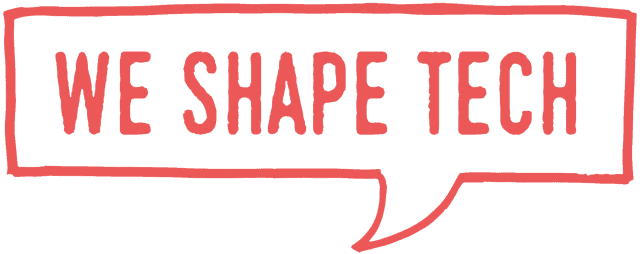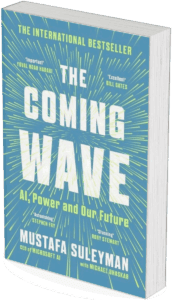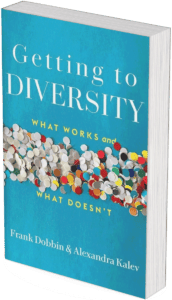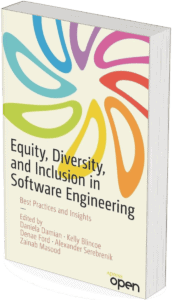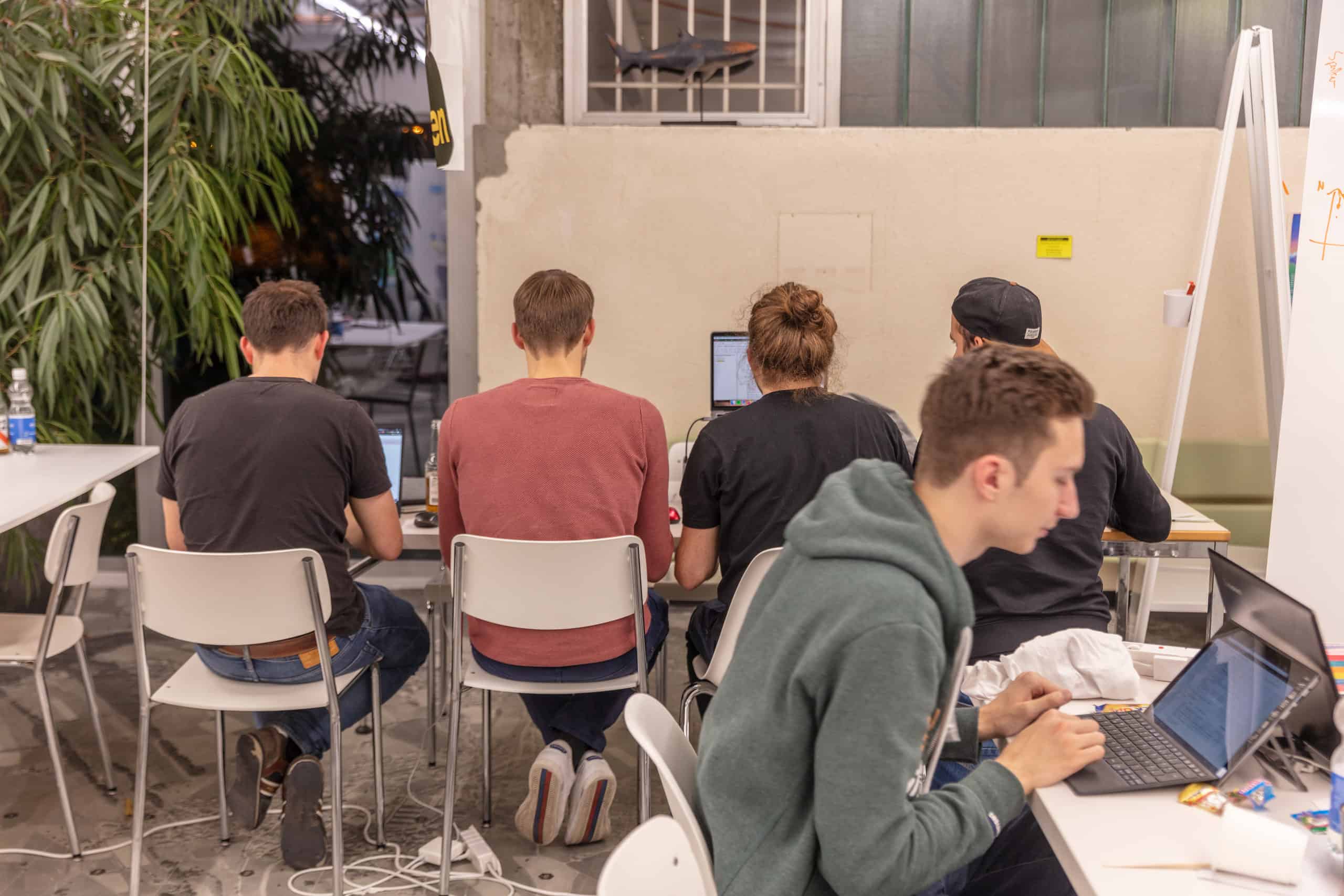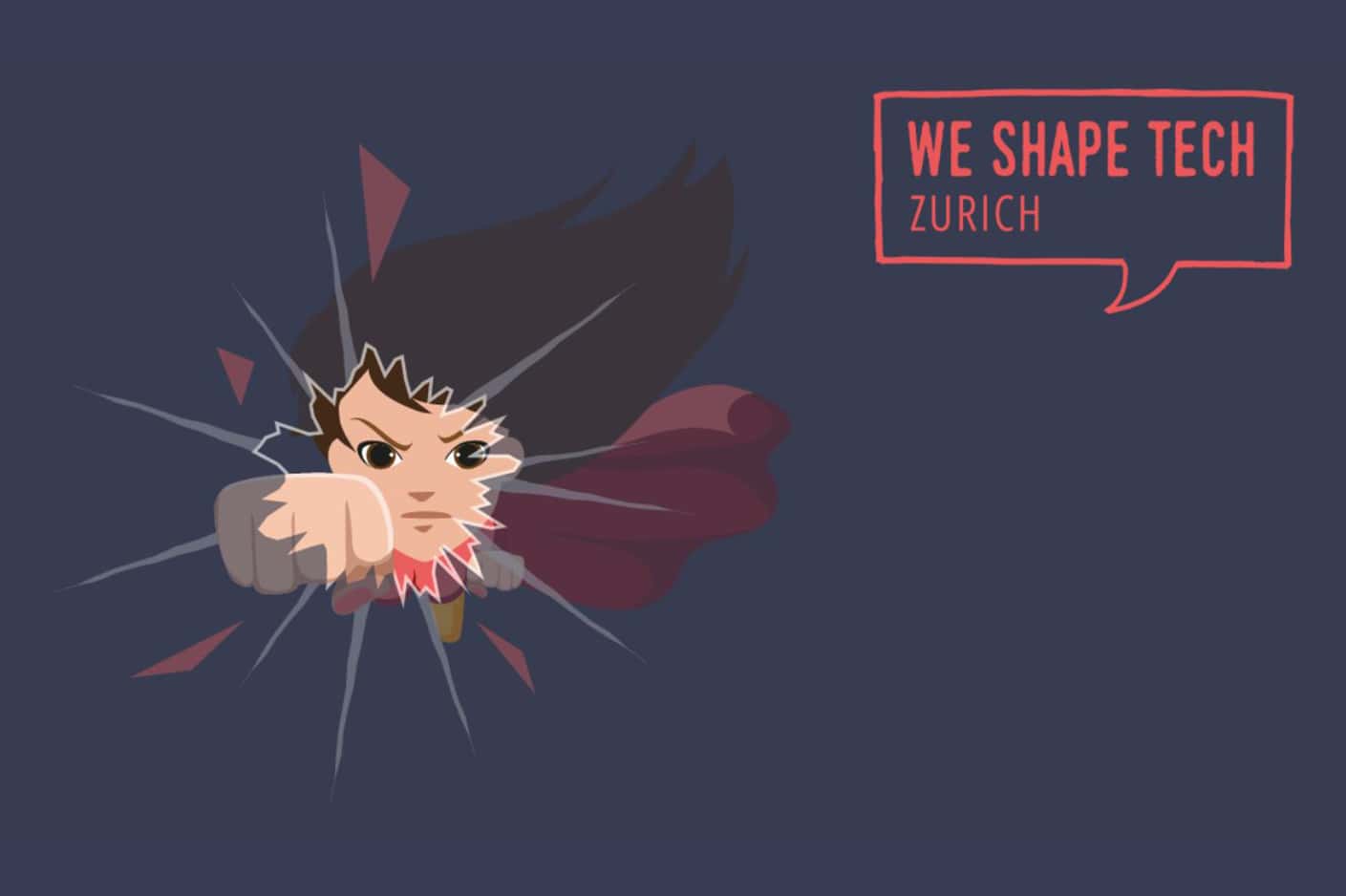Every month we ask one individual in our network a few questions about their way into tech, their motivation and their lessons learned.
Let’s start from the beginning. Tell us about where you’re from!
I am from Turkey. I grew up and studied there, lived and worked in Istanbul until I moved to Switzerland for a project within the same company I was working for in Istanbul.
I studied Computer Engineering at Istanbul University and worked in the telecommunications area, at Nokia Networks. Nokia is known for mobile phones but actually the Nokia brand had 2 companies under it, Nokia Networks and Nokia Mobile Phones. Nokia Networks builds the GSM networks of many network operators in the world by providing them the GSM systems developed by Nokia. I worked as an engineer and project manager on several Nokia products for building these GSM networks. Nokia systems like Network Management Systems (NMS), Short Message Service (SMS), NTMS, AAA are some of the products I worked on and I was responsible for commissioning, bringing to life, maintenance, and upgrading of these systems, on which also worked as project manager.
I traveled to many countries like Hungary, Belgium, Italy, Germany, USA, Mexico, Taiwan, Thailand, Egypt, Israel for work and then I moved to Switzerland in 2004 while I was working for Nokia. I believe traveling changed my mindset a lot! I became a world citizen, and I must say at the beginning of the 2000s, there was no social media, people were not aware of everything in the world as today and the world was not that “global” (oh my, this sounded as if I’m talking about the last century, but hey yes, it was almost the last century!).
Anyway, meeting new people from different cultures and seeing new countries were magical, and it totally opened up my mind about taking risks and trying new things. I must say this is a lot linked to age too, because I think I changed a bit after having kids and in general over the years.
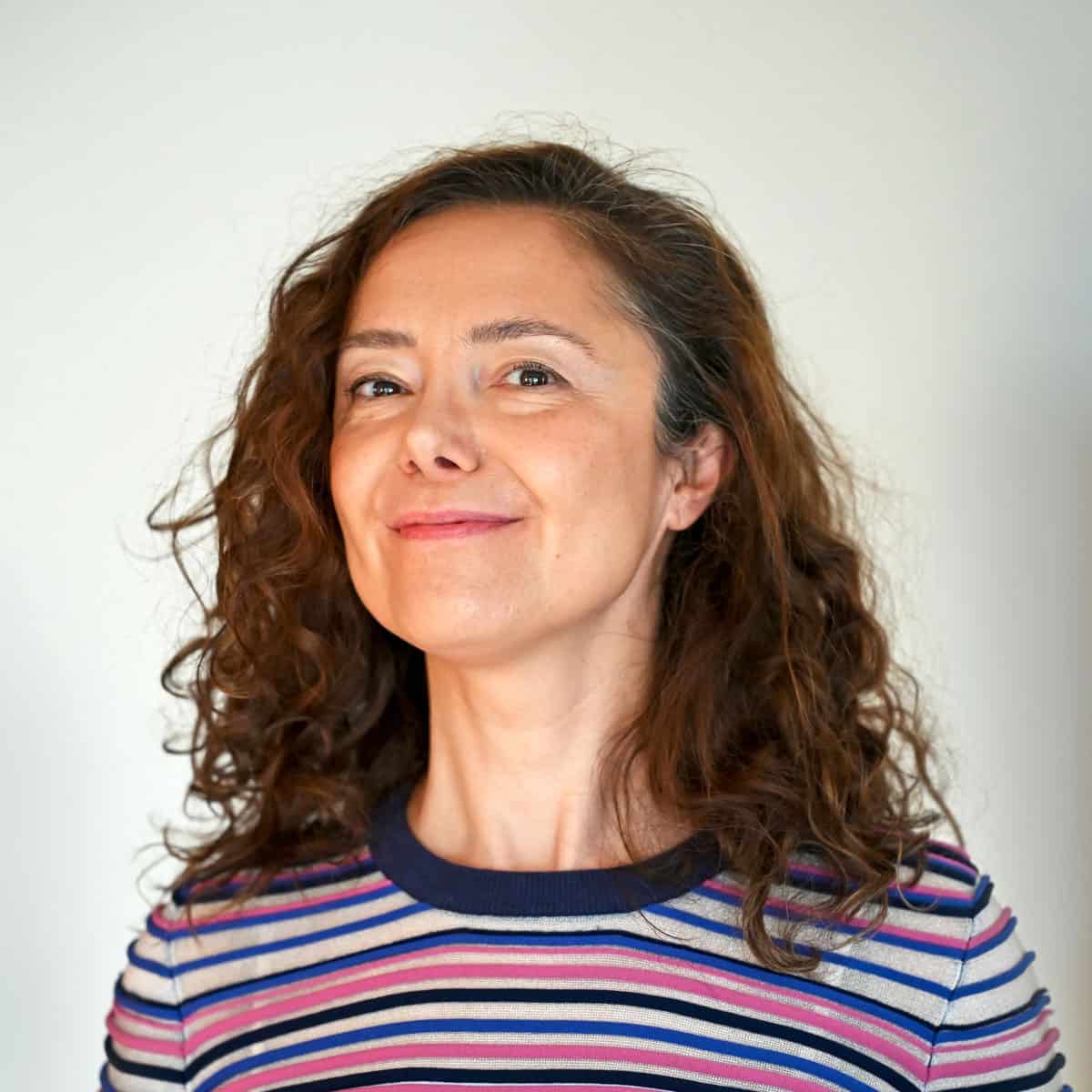
Currently, I work for Profila as COO, where I am responsible for Product, IT and Business Operations. Profila is a customer data relationship and permission marketing platform and we want to launch our MVP in September. The product consists of Web2 and Web3 features.
How does Profila’s mission align with your personal values?
Profila is a platform for people. It is putting something special about people at the center of its solution: data privacy. We as people are not that aware of how important our personal data is and that it stays private. Today, many big tech companies use our personal data in their business to feed their revenue model and we already forgot how it was to live surveillance free. If you think about it, none of us knows who got their hands on our private data and what they do with it. We only know that some people use our data to benefit from it financially. This is something we should be concerned about, for ourselves, our kids, and even our grandkids. So, as a person who has a good heart and always favors fairness, I align with Profila for this vision.
How do Web2 and Web3 work particularly well for Profila?
We are developing the Web2 platform which will launch in September and we have proof of concept projects for Web3. Profila’s long-term vision is to implement these in the platform because Web3 brings many new features that align with our vision. Web3 is decentralized so there is not an authority that will control things for individuals. It is also more secure because blockchain brings in these properties within its ledger feature and it is not easy to modify data once it is written to blockchain. So, all these are aligned with Profila’s Web3 vision.
What are the challenges of your role as COO and how do you overcome them?
Operations is a general term that covers different aspects, at least for my role it is like that. It covers product, business and IT fields so there are many things to follow at the same time, which is a challenge.
What valuable advice did you get from your parents?
I remember my father saying “whatever occupation you choose, aim to be the best.” It was always something I remembered along the way.
How did you become interested in tech?
I chose to study natural sciences at Gymnasium, which led me to choose an aligning area at university. When I was choosing my preferences, I remember my mother telling me about her friend’s daughter sending her a message on a computer (email) and that computers are really important. And I had a Commodore 64 when I was little which I enjoyed a lot. So, I guess these factors influenced my decision to study computers.
Have you ever had a role model that inspired you on your path?
I think my father was my role model. He was always helping me when I asked for help, he was an engineer himself and was always curious about things. He helped me to set a direction to go to gymnasium and studied with me when I needed help while learning for the gymnasium exam.
He is still an analytical person and him being so, taught me the ability to question things in life. I think the value of questioning things in all fields of life is important. If you think about it, how could we evolve as humanity if we would not be questioning things in life? Science evolves like that, innovations are realized this way and technology gets better every day!
What aspects of your work are you proudest of?
The GSM systems I helped to build. Because Nokia was and still is a leader of the GSM networks, and how it transformed people’s lives in the last 35-30 years is amazing. Of course Nokia mobile phones also played a role in this innovation because it lit the way to smart phones as they are today. Although I did not work for mobile phones, I am proud to have worked for a brand that wrote history about how people communicate today, both by GSM networks and mobile phones together.
What drives you at work?
Defined outcomes and solid outputs in general. I like it if the goals are set and if the expected outcomes are clear and if the team is aligned around this. This makes the outputs much easier to achieve. For example, for our current project, creating a product roadmap and communicating this to the team was very important to set the correct process around it. All the team members could align their work for this goal and the expected outcome.
What has been your toughest challenge you faced while working in tech?
After working in a big corporate company for many years, I switched to work at a startup. And working at a startup is very challenging as there are many unknowns and things to build from scratch. For example, finding the correct developers, the correct product team and finding funding to maintain all these are the toughest challenges at a startup.
How did you learn to deal with this challenge?
Well, I am still learning to be honest. Startups are like a school where you learn about business and yourself, and it is continuous work. I think the most valuable learning for me so far was the importance of alignment as a team. If this is not happening, many things are getting more difficult to deal with if you are working in a startup.
Do you have a favorite book or podcast?
I like reading books but also listening to audiobooks and podcasts. I like tech and psychology topics, as well as podcasts where interviews are held with different people. I like learning about different lives of people, their challenges, how they stand in life, what their vision is, etc.
As for books, I can name the book Inspired by Marty Cagan which is an invaluable resource to learn about product management and as for podcasts, Product Podcast from Product School and Agile Book Club are the ones I like.
What advice would you give other women in tech?
Tech is so wide and learning never ends. My advice would be to be active in communities for networking and learn about new opportunities, people and their vision. And be brave to step in and start. I wish I would have gotten this advice when I was younger! 🙂
And what advice would you give women not yet working in tech that want to enter the field?
Of course, learning at a school is important but today there are many online options that can be used for learning. Youtube, Udemy, edX are some resources I can name. Having a good roadmap after deciding what you want is a good start.


